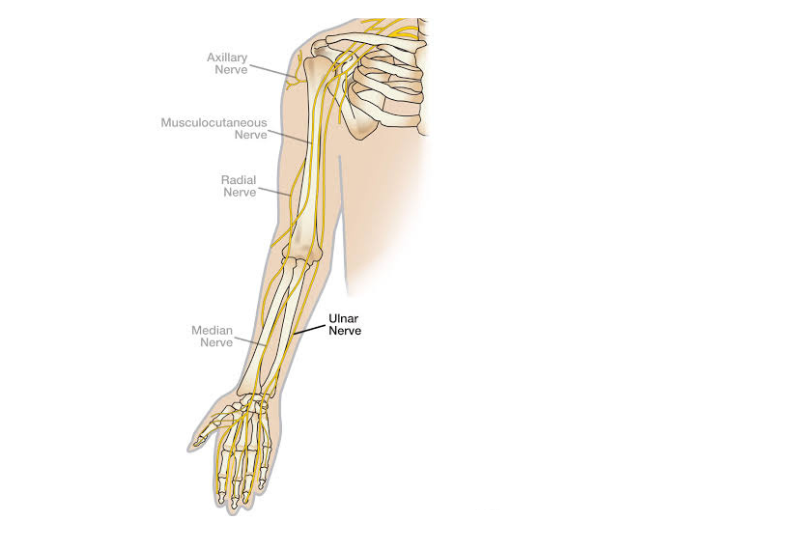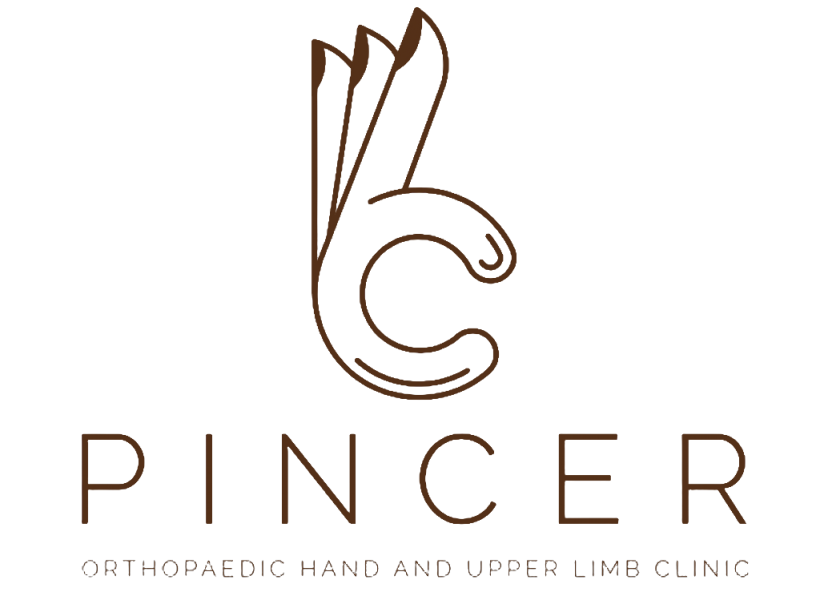Nerve Disorders
Cover brachial plexus injuries, nerve compressions, tumors, and reconstructive nerve surgeries. These affect sensation and muscle control in the upper limb and often require specialized microsurgical intervention.
Dr. Vamsi combines precise diagnostics with advanced surgical and non-surgical treatments tailored to each patient’s needs. His patient-centric approach ensures optimal recovery and restoration of hand function with minimal downtime.

Dr. Vamsi’s Three-Step Approach to Treating Nerve Disorders

- Precise Diagnosis
Dr. Vamsi uses clinical evaluation and imaging to identify the exact cause and severity of the disorder.
- Targeted Treatment
He begins with non-surgical options like splints, therapy, or injections, and opts for minimally invasive surgery if needed.
- Focused Recovery
A structured rehab plan ensures patients regain hand strength, flexibility, and daily function effectively.
